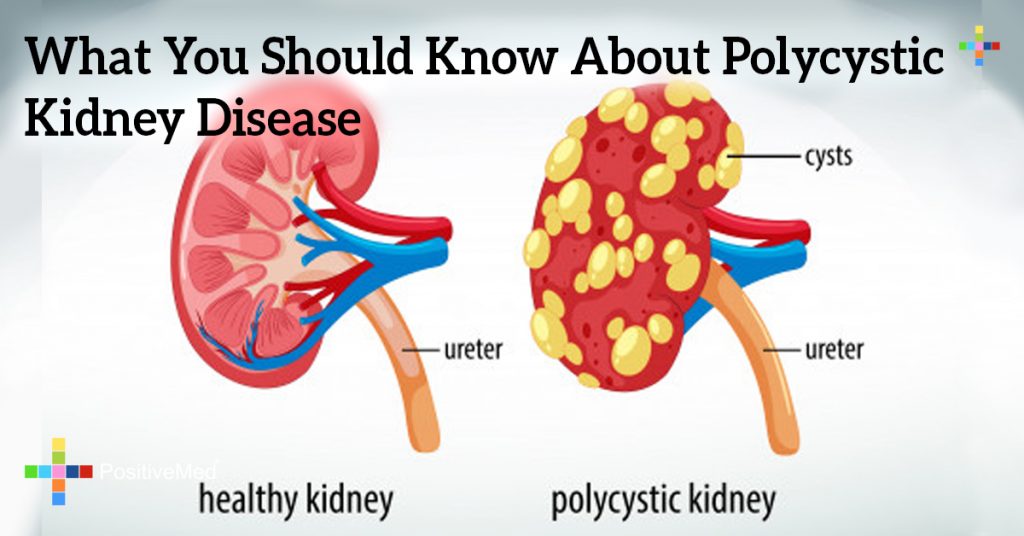
What You Should Know About Polycystic Kidney Disease
Polycystic kidney disease (PKD) affects 12.5 million people throughout the world. It is a disease that is inherited; children who have a parent with the disorder have a 50 percent chance of getting it. Adhesive proteins in the body cause multiple cysts to form on the kidneys, eventually leading to kidney failure.
There are two main types of the disease: autosomal dominant and autosomal recessive:
Autosomal Dominant Polycystic Kidney Disease
This type of PKD is most common and symptoms typically occur in patients who are over the age of 30. Half of these patients will experience end-stage renal disease, or kidney failure, by the time they are 60 years old. Cerebral aneurysms are common in this type of PKD.
Autosomal Recessive Polycystic Kidney Disease
This form of the disease is the most severe form. It manifests itself earlier in life, appearing most commonly in infants and children. It causes infant renal failure, liver fibrosis, and death.
Symptoms
The symptoms of this disorder include:
pain or tenderness in the abdomen
blood in the urine
frequent urination
pain in the sides
urinary tract infection (UTI)
kidney stones
RELATED ARTICLE: 10 Most Effective Ways To Take Care Of Your Kidneys
Outside of the kidneys, the disease can cause cysts in the liver, diverticulosis, and problems in the blood vessels in the heart and brain. Unfortunately, almost 50 percent of patients with PKD will go undiagnosed, due to the wide spectrum of symptoms that the disease presents.
Diagnosis
The disease can be diagnosed with either an ultrasound or a computed tomography (CT) scan. Magnetic resonance imaging (MRI) may also be used to diagnose the disease in advanced cases.
Treatment
To treat PKD, doctors try to avoid urinary tract infections as much as possible because they can harm the kidneys. High blood pressure is treated using medication. When the kidneys fail, dialysis is needed to keep the patient alive.
If you or a loved one have a family history of PKD or have symptoms of the disorder, an appointment with the doctor should be made to determine what actions need to be taken to keep you healthy and treat any issues that may arise with the disease.





